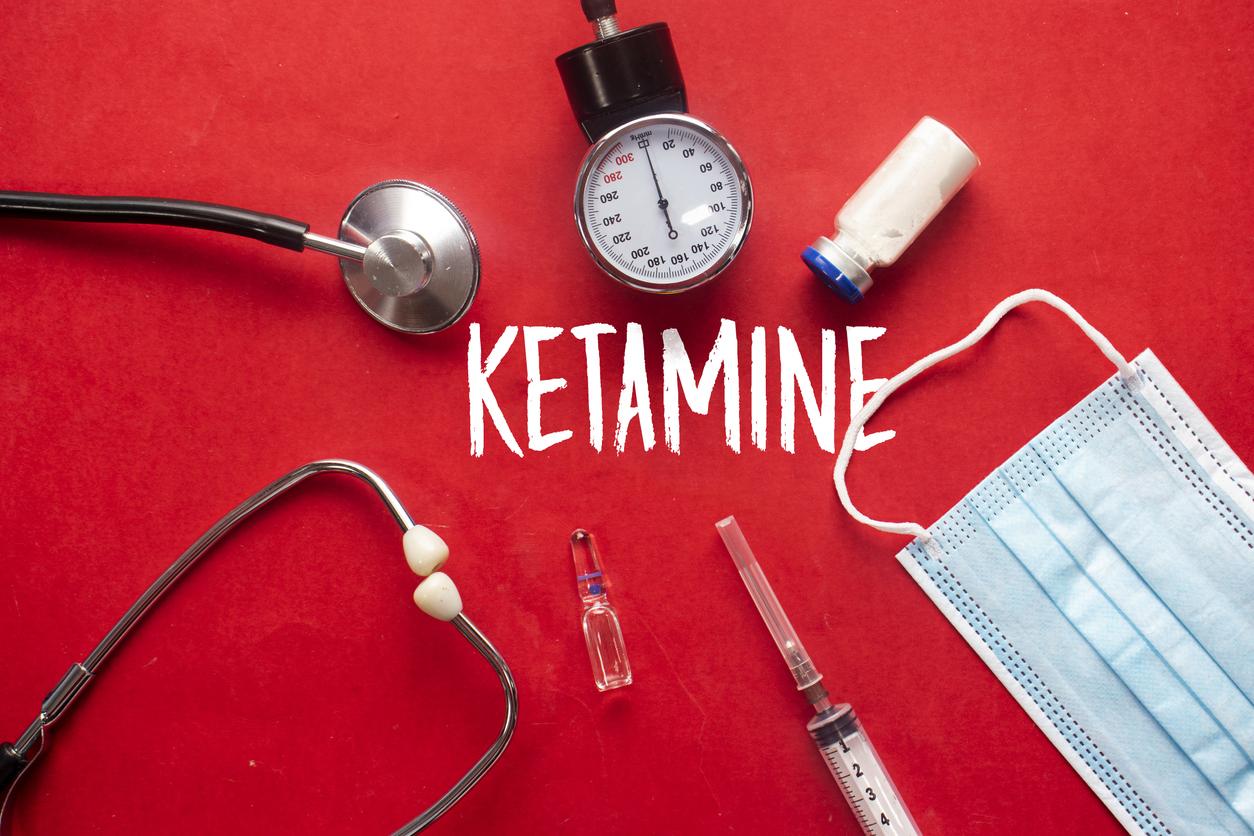Sweets, sodas, sausages, prepared meals… Eating these products containing artificial sweeteners is associated with an increased risk of depressive disorder in women.

- Women consuming ultra-processed products had higher BMI, higher smoking rates, and increased prevalence of diabetes and hypertension.
- They were also more likely to suffer from depression.
- Artificial sweeteners, present in foods, are responsible for “purinergic transmission” in the brain.
Ultra-processed products are packaged, ready-to-use food preparations presented as convenient and quick to consume. Among them, we find, for example, chicken nuggets, instant noodles, chocolate bars, milk drinks and even fish sticks. These foods are often high in sugars, saturated fats and additives. Several studies have established a link between the consumption of ultra-processed foods and metabolic diseases as well as cancers. Recently, American researchers have highlighted another danger associated with these products: the increased risk of developing depression.
Examining the eating habits of 31,712 women
To reach these conclusions, scientists carried out a study during which they used data from a cohort, called Nurses’ Health Study II, carried out between 2003 and 2017. They followed 31,712 women who did not suffer from depression at the start of work. Participants were asked every four years to complete questionnaires about their eating habits, including their consumption of ultra-processed foods, such as cereals, sugary snacks, ready-to-eat meals, sauces, dairy products, meat and sugary drinks. “We used two definitions of depression: a strict definition requiring self-reported, clinician-diagnosed depression and regular use of antidepressants and a broad definition requiring diagnosis and/or use of antidepressants.”the team clarified.
BMI, smoking: high rates among consumers of ultra-processed products
According to the results, published in the journal JAMA Network Open2,122 new cases of depression, “using the strict definition”and 4,840 new cases, “using the broader definition”, were recorded during the study. According to the research, female participants with a high intake of ultra-processed foods had higher BMI, higher smoking rates, and an increased prevalence of comorbidities, such as diabetes, hypertension, and dyslipidemia. Additionally, they were less likely to exercise regularly.

Depression: “artificial sweeteners cause purinergic transmission in the brain”
According to the authors, increased consumption of ultra-processed foods, especially those containing artificial sweeteners, and sugary drinks was associated with an increased risk of depression. In their analysis, participants who reduced their consumption of ultra-processed foods by at least three servings per day had a lower risk of depression.
The exact mechanisms are not yet completely understood, but some hypotheses have been put forward. “Recent experimental data suggest that artificial sweeteners cause purinergic transmission in the brain, which may be involved in the etiopathogenesis of depression,” explained the authors in a statement. Additionally, ultra-processed foods are often low in essential brain nutrients, such as omega-3 fatty acids and certain antioxidants, which are associated with better mental health.

















